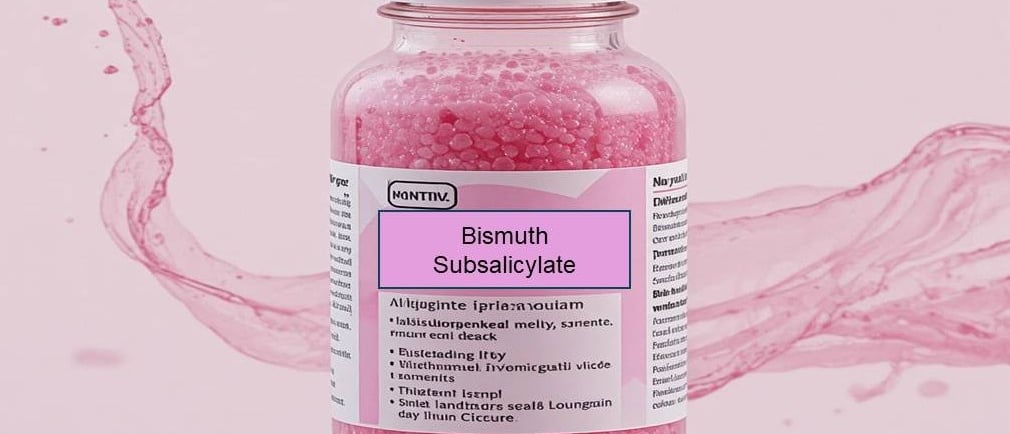"Uncover the truth behind the groundbreaking discovery of the causes of the world's biggest problems. 'The Root Causes' will change how you view the world!"
The Hidden Risks of Frequent Pepto-Bismol Use: Understanding Vitamin B12 Deficiency and Heart Disease
Frequent use of Pepto-Bismol can silently deplete vitamin B12, raising homocysteine levels and increasing the risk of cardiovascular disease, nerve damage, and chronic fatigue. Learn how long-term stomach relief can lead to hidden nutrient deficiencies and how to protect your heart and nerves naturally. 🏷️ 30 Tags in #Format #PeptoBismol #VitaminB12Deficiency #Homocysteine #HeartHealth #CardiovascularDisease #NerveHealth #PeripheralNeuropathy #Methylation #FolateCycle #B6B12Folate #AcidReflux #AntacidUse #GutHealth #DigestiveHealth #BismuthSubsalicylate #StomachRelief #NutrientMalabsorption #FunctionalMedicine #Methylcobalamin #HomocysteineRisk #B12Absorption #ChronicFatigue #BrainFog #HealthyMethylation #HeartDiseasePrevention #IntegrativeHealth #NaturalHealing #NutritionalAwareness #HealthEducation #GlennRosarosoVale
Glenn Rosaroso Vale, MT(AMT), MS(IT), MBA
10/5/20252 min read


⚠️ The Hidden Risk of Frequent Pepto-Bismol Use: How It Can Lead to B12 Deficiency and Heart Disease
Pepto-Bismol — the pink, soothing remedy for stomach upset — has been a household favorite for decades. Whether it’s indigestion, nausea, or diarrhea, one or two spoonfuls can feel like magic. But what happens when temporary relief becomes a long-term habit?
Behind its gentle coating action, frequent or prolonged use of Pepto-Bismol can interfere with vitamin B12 absorption, which in turn may elevate homocysteine levels — a silent biochemical marker linked to cardiovascular diseases, neuropathy, and cognitive decline.
Let’s unpack how something as simple as a pink liquid can have ripple effects far beyond the stomach.
🧬 The Role of Pepto-Bismol in the Digestive System
Pepto-Bismol’s active ingredient, bismuth subsalicylate, works by:
Coating the stomach lining to reduce irritation
Neutralizing stomach acid
Exhibiting mild antibacterial and anti-inflammatory properties
While this makes it effective for acute stomach relief, it also reduces the acidic environment that your body needs to absorb certain nutrients — especially vitamin B12.
🩸 How Vitamin B12 Is Normally Absorbed
Vitamin B12 (cobalamin) is bound tightly to proteins in food. To absorb it, your stomach needs:
Strong stomach acid to free B12 from proteins.
Intrinsic factor, a special carrier protein made by stomach cells.
A healthy small intestine to absorb the B12–intrinsic factor complex.
When stomach acid levels drop (due to Pepto-Bismol, antacids, or acid-suppressing medications), B12 cannot be efficiently released from food — and absorption drops dramatically.
⚠️ The Silent Spiral: From B12 Deficiency to Elevated Homocysteine
Vitamin B12, along with folate and vitamin B6, plays a crucial role in a process called methylation, which converts homocysteine into a harmless amino acid called methionine.
If B12 is deficient:
Homocysteine starts to accumulate in the blood.
High homocysteine (called hyperhomocysteinemia) causes oxidative stress and endothelial damage — injuries to the lining of blood vessels.
Over time, this increases the risk of heart attack, stroke, and peripheral vascular disease.
❤️ The Cardiovascular Connection
Elevated homocysteine is not just a lab number. Research shows that:
People with high homocysteine have 1.7× greater risk of coronary artery disease.
Homocysteine contributes to arterial stiffness, blood clotting, and nerve inflammation.
Chronic low B12 status also worsens neuropathy and cognitive decline, especially in older adults.
Thus, what begins as frequent Pepto-Bismol use for indigestion can set off a chain reaction — first reducing B12 absorption, then disturbing methylation balance, and finally raising cardiovascular risk.
🧠 Other Consequences of Low B12
Fatigue and weakness (due to reduced red blood cell production)
Memory issues and brain fog
Peripheral neuropathy (tingling, burning sensations in hands and feet)
Mood disorders such as depression or anxiety
🧩 Who’s Most at Risk
Adults over 50 years old
Those on acid reducers (omeprazole, famotidine)
People with gastritis or H. pylori infection
Vegans or vegetarians with low dietary B12
Individuals taking Pepto-Bismol or antacids regularly
💡 Practical Prevention Tips
If you find yourself using Pepto-Bismol more than once or twice a week:
Investigate the root cause of your digestive issues (diet, stress, infection, gut imbalance).
Take Pepto-Bismol only short-term, not as a daily routine.
Supplement with active B12 (methylcobalamin or hydroxocobalamin) if needed.
Eat B12-rich foods like fish, eggs, meat, and dairy.
Consider checking homocysteine and B12 levels during your next lab test.
🌿 The Bottom Line
Pepto-Bismol can be a helpful ally in soothing stomach distress — but frequent or long-term use may quietly rob your body of vitamin B12, setting the stage for elevated homocysteine, nerve problems, and cardiovascular risks.
If indigestion has become a daily battle, it’s time to look beyond the pink liquid and support your stomach’s natural balance — through mindful eating, gut healing, and nutrient replenishment.
Health
Understanding illness to empower your well-being journey.
Wellness
Knowledge
info@rootcauseprevention.com
903-268-6664
© 2024. All rights reserved.
grfv@sbcgloal.net